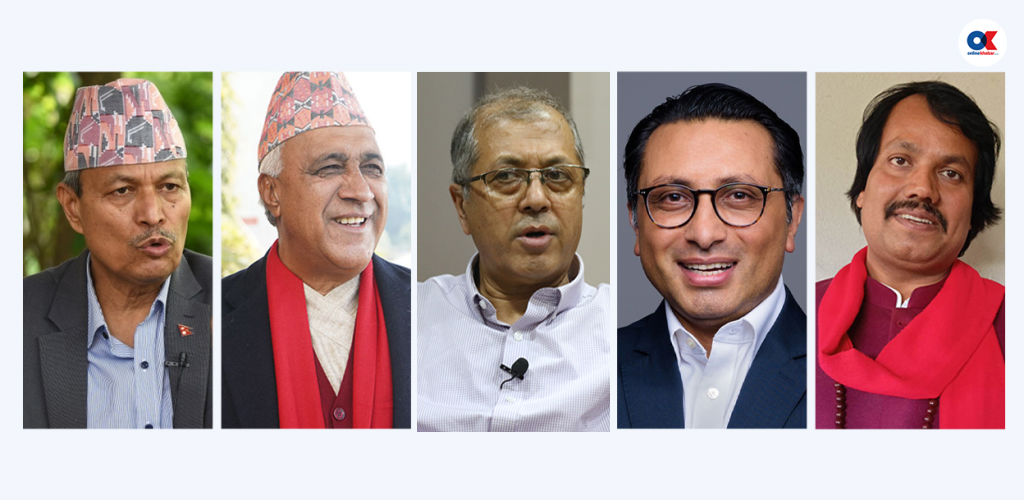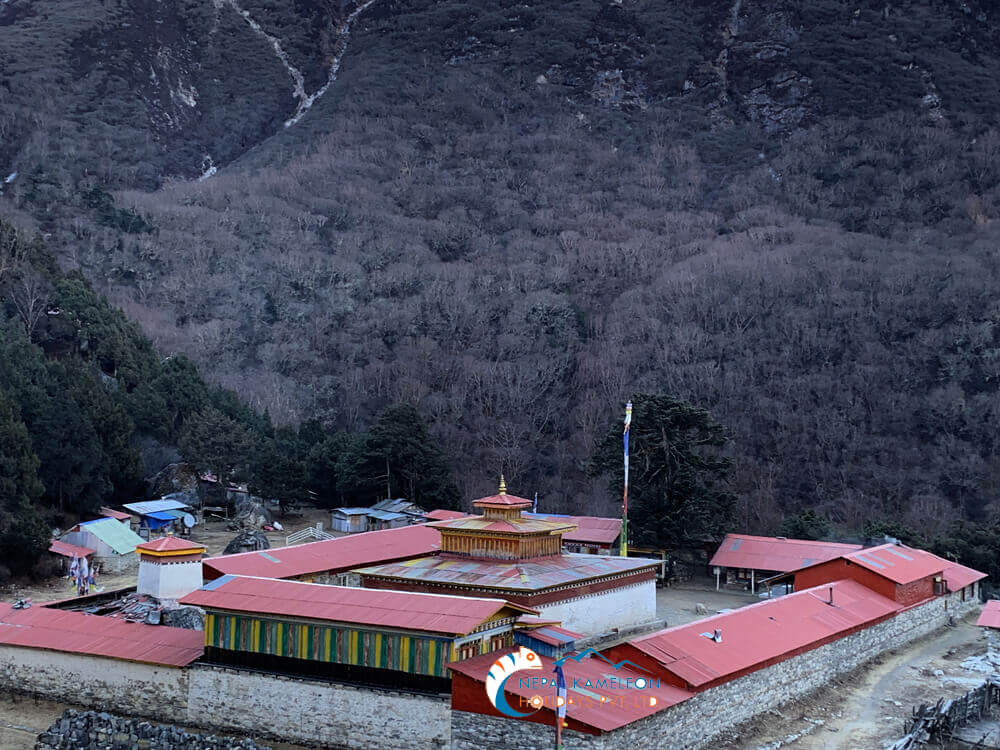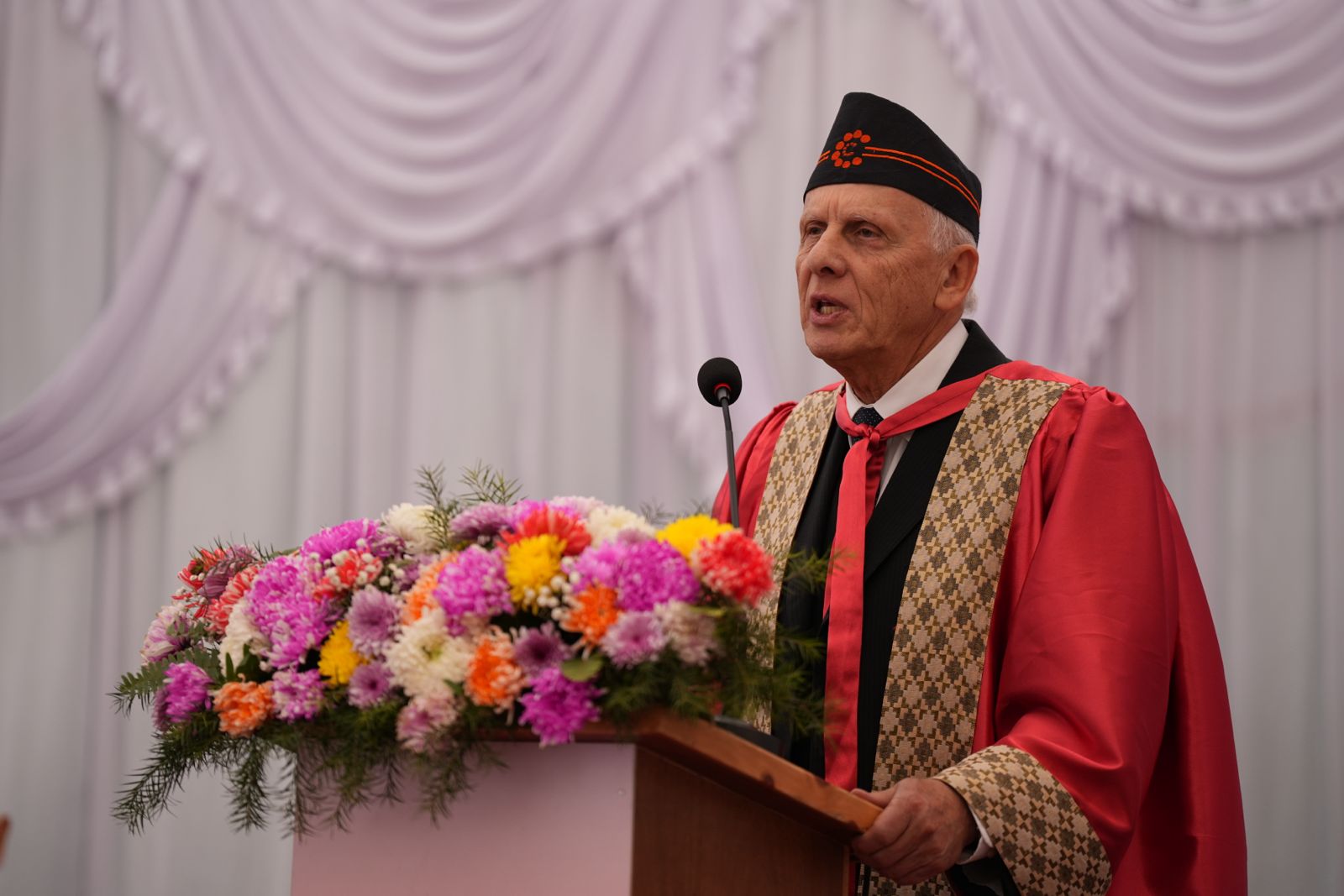I saw my mom gripped with anxiety about the solar eclipse on October 25 more than before. She had been much worried about it since a week ago and had been talking about it to everyone, be it face to face or on social media or on her cell phone.
To some extent, I got irritated because of the strange beliefs about eclipses she talked about. But when I observed her minutely, I figured out how she has become a victim due to the media blitz on the beliefs about eclipses.

I also concluded that she was not alone as many people in Nepal (and India) share her beliefs which can also be considered superstitions.
My mother’s story
She got up early (at around 3 am) on October 25 and took bath as usual. However, she did not perform her morning worship as usual. She said a sutak (impurity) had occurred since the “Sun God was going to be eaten by a demon called Rahu” in the afternoon. This was one of her beliefs about eclipses.
She was encouraging everyone in the house and the neighbourhood not to eat or drink after 12 noon because Surya Grahan (the solar eclipse) was about to start at 4:52 pm and would complete at 5:24 pm. The whole morning, she watched different YouTube channels run by self-proclaimed astrologers who had posted their videos with various worrisome thoughts, recommendations and beliefs about eclipses.
When I tried to assure my mom that no such bad things would happen due to the event as claimed by those YouTube astrologers, she was not convinced. Instead, she became more anxious about my disobedience and disrespect to her faith.
Who is at fault?
I am not surprised at my mom’s behaviour and thoughts about the eclipse as she is an innocent illiterate woman who cannot understand or does not believe that a solar eclipse is a natural phenomenon that happens due to the motion of the earth, the sun, and the moon.

However, I feel pity for those so-called astrologers who, despite being educated, pretend that they do not know the scientific reasons behind the event and are focused on increasing the views and likes on their videos by dispensing strange beliefs about eclipses.
Those selfish people and media who want to earn money via their YouTube videos are trading upon the age-long superstitions about the solar eclipse and misusing the modern scientific means of communication for the further promotion of misconceptions. The public, on the other hand, is mostly incapable of thinking critically and scientifically and runs after such media blitz.
The reason why my mom had been so much afraid was, as she revealed later, that she had watched a YouTube video, which had predicted her zodiac sign, the libra, was going to suffer betrayal from the near and dear ones. She was badly influenced by the information given in it. I wonder how many people like my mom might have been misguided and victimised by such videos and fallen into anxiety or depression.
Changing times

Dhruv Rathee, a celebrity YouTube researcher and analyst, says in his YouTube video that solar eclipse had long been explained by Aryabhatta (476-550 CE), an ancient Indian mathematician and astrologer, and Guru Nanak (15 April 1469-22 September 1539).
But, since then, NASA has already taken human beings to the moon. Even, Nepal is also thinking of its presence in space flights. However, common people still believe in fantasies and superstitions.
The media are also assisting the spread of unscientific beliefs about eclipses among the public. They make and publish funny astrological predictions. Since eclipses are a regular cosmic event, the public needs not fear them.
Looking at the sun directly is harmful to one’s eyes at all times, not only during the eclipse because the retina in the human eye can be damaged by the sun’s rays when converged by the lens. It is a scientifically proven fact. However, the prohibition on many other activities such as eating, drinking, working, and going to the washroom during the eclipse is just a part of baseless beliefs about eclipses existing for years. It only adds to people’s worry and stress while mocking humans’ present scientific progress. Therefore, we need not be serious about them.
I will try to make my mom aware of these unfounded beliefs about eclipses during the next lunar eclipse (on November 8, 2022).


















